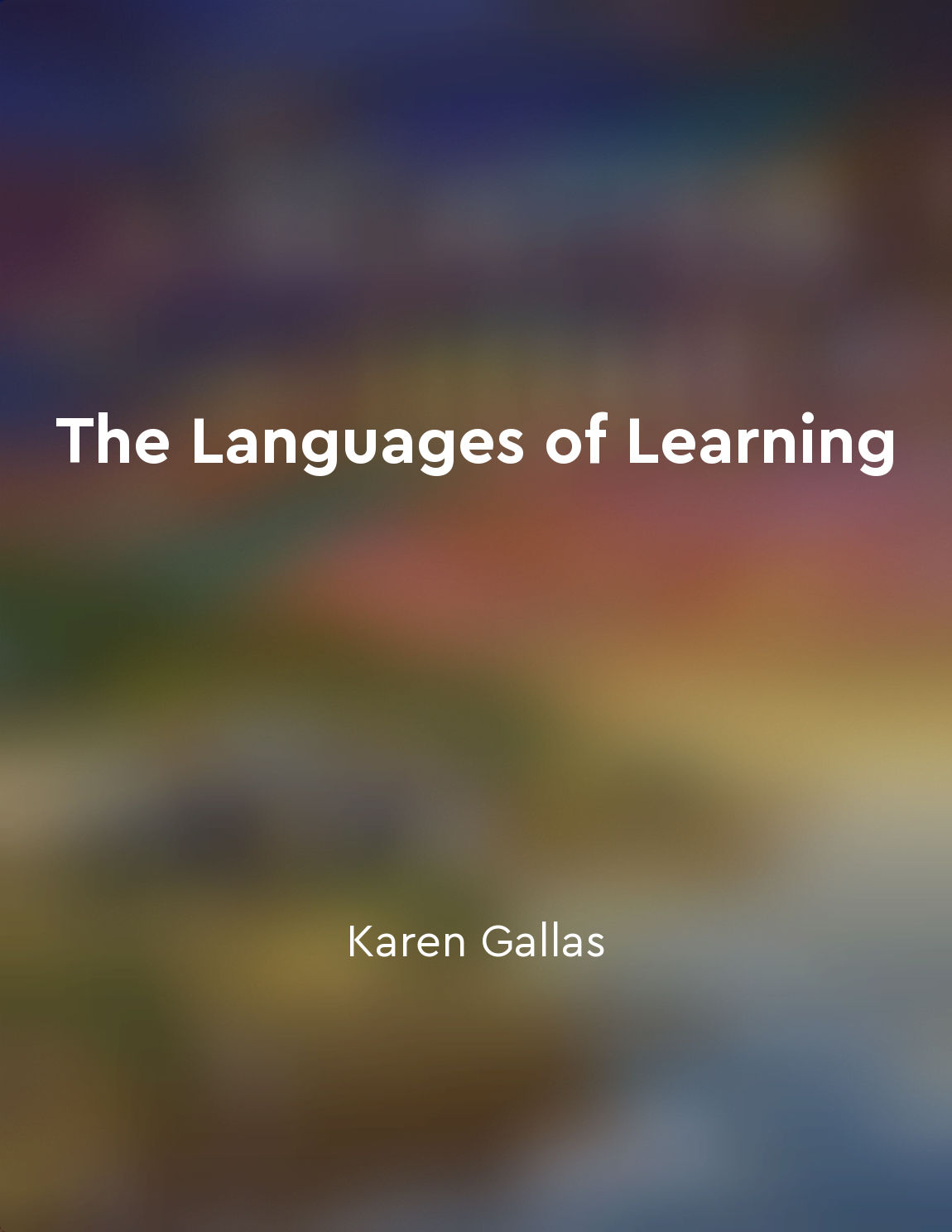Individual differences in language learning from "summary" of Japanese Language Teaching by Alessandro G. Benati
When it comes to learning a language, it is essential to recognize that learners exhibit individual differences in their abilities and approaches. These differences can have a significant impact on the learning process and outcomes. Some learners may excel in certain aspects of language learning, while struggling in others. Understanding and accommodating these differences is crucial for effective language teaching. One of the most significant individual differences in language learning is aptitude. Aptitude refers to a learner's natural ability to acquire a language. Some learners may have a high aptitude for languages, enabling them to pick up new vocabulary and grammar structures quickly. Others may have a lower aptitude, requiring more time and practice to achieve the same level of proficiency. Recognizing and catering to learners' aptitudes can help optimize their language learning experience. Another important individual difference is motivation. Learners vary in their reasons for learning a language and the level of motivation they bring to the task. Some learners may be highly motivated, driven by personal or professional goals to succeed in their language learning endeavors. Others may have lower levels of motivation, making it challenging to sustain their interest and effort over time. Understanding learners' motivations and finding ways to enhance their engagement can be key to fostering successful language learning outcomes. Additionally, learners differ in their learning styles and preferences. Some learners may thrive in a structured classroom environment, while others may prefer more independent and self-directed learning approaches. Tailoring teaching methods and materials to accommodate different learning styles can help ensure that all learners have the opportunity to succeed. Finally, learners also vary in their prior language learning experiences and background knowledge. Some learners may have studied other languages before and developed strategies that can be transferred to their current language learning efforts. Others may be starting from scratch, with little to no previous exposure to foreign languages. Taking into account learners' linguistic backgrounds and experiences can help teachers adapt their instruction to meet learners' specific needs.- Individual differences play a crucial role in language learning. By recognizing and addressing these differences, language teachers can create more effective and inclusive learning environments that cater to the diverse needs and abilities of their learners. Ultimately, understanding and accommodating individual differences can help optimize language learning outcomes and promote greater success for all learners.
Similar Posts
Revisit foundational vocabulary regularly to reinforce learning
It is important to consistently review the basic vocabulary that forms the foundation of your language skills. By revisiting th...
Developing motor skills through structured activities
Structured activities play a crucial role in the development of motor skills in individuals. These activities provide a systema...
Building on prior knowledge enhances learning
Our brains are not built to remember isolated facts. Instead, the brain is designed to remember things by connecting them to wh...
Ways to enhance speaking proficiency
To improve your speaking proficiency, you need to practice speaking regularly. Find opportunities to speak in English, whether ...
Sharing jokes builds a sense of community in the classroom
In the classroom, laughter can be a powerful tool for bringing students together. When students share jokes with one another, t...
Advocacy for education for all
The idea of advocating for education for all is a fundamental principle that underpins the very fabric of a just and equitable ...
English education shapes future leaders and thinkers
The education of future leaders and thinkers is a crucial aspect of the English education system. Through the study of English,...
Every brain is unique
The brain is an extraordinarily complex organ, with billions of neurons and trillions of connections. Due to this complexity, n...

Children's languages of learning are influenced by their social interactions
Children's languages of learning are deeply intertwined with their social interactions. As they engage with others in various l...
Reading ability influenced by background knowledge
The information children bring to the task of reading is more important for the comprehension of written language than the form...

